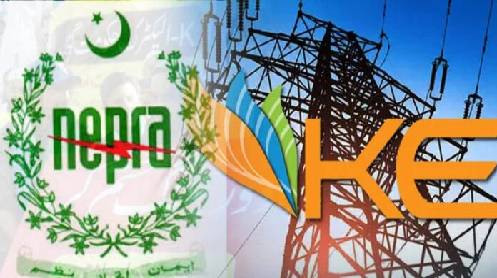ISLAMABAD: The National Electric Power Regulatory Authority (NEPRA) has approved the federal government’s proposed uniform Schedule of Tariffs (SoTs) for distribution companies (Discos) and K-Electric (KE), leading to a uniform base tariff increase of up to Rs7.12 per unit. This adjustment raises the tariff from Rs29.78 per unit in FY 2023-24 to Rs35.50 per unit for 2024-25, aligning with the International Monetary Fund (IMF) deadlines.
This tariff increase is based on the federal government’s motion and subsequent addendum, exempting protected and non-protected domestic consumers using 200 units monthly for three months (July, August, and September 2024) through a Rs50 billion allocation from PSDP 2024-25. The total revenue requirement for FY 2024-25 has risen to Rs3,768 billion, resulting in an average base tariff increase of Rs5.72/kWh.
The Power Division explained that the Power Purchase Price (PPP) for FY 2024-25 increased by Rs4.86/kWh compared to FY 2023-24. Of the Rs5.72/kWh increase, Rs3.29/kWh will be passed on to consumers from July to September 2024, and Rs4.55/kWh thereafter until June 2025, with the federal government subsidizing the differential amount.
Despite the tariff hike, the federal government will provide a tariff differential subsidy of around Rs490 billion, including Rs177 billion for KE and Rs313 billion for XWDISCOs consumers. The Power Division emphasized the need to align the cost structure, with 67% of the power sector’s cost being fixed while the recovery structure is 98% variable.
The petitioner requested reconsideration of fixed charges for various categories, suggesting a range of Rs400-1,250/kW/month instead of the Rs500-2,000/kW/month determined by NEPRA. Additionally, they proposed charging fixed costs at 25% of the sanctioned load or actual MDI, whichever is higher, rather than the current 50%.
Tanveer Barry, representing KCCI, opposed the motion, highlighting that the effective increase of Rs5.72/kWh would be around Rs7/kWh after taxes, potentially hampering the financial viability of the industrial sector. He called for concrete steps to address the power sector’s challenges.
In response to concerns about increased energy charges, the petitioner explained that new references for FY 2024-25 were developed based on constraints-based dispatch, assuming increased generation from RLNG and reduced dispatch from local and imported coal compared to FY 2023-24 references. Increased fuel prices and North-South transmission constraints also contributed to higher energy charges.
NEPRA observed that 70% of the total revenue requirement for distribution companies consists of fixed costs, which must be paid periodically regardless of electricity consumption. Currently, about 96% of system costs are recovered based on units consumed, with only 4% as fixed charges. To address this mismatch, fixed charges for different consumer categories were increased, though they still account for less than 10% of the total fixed cost of the system. The NE Plan suggests that fixed charges should progressively account for at least 20% of the fixed cost.
Story by Mushtaq Ghumman







